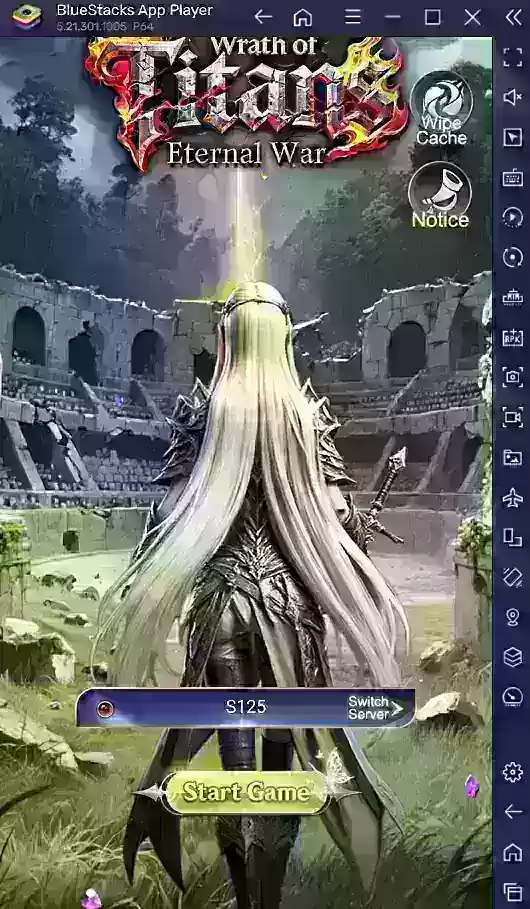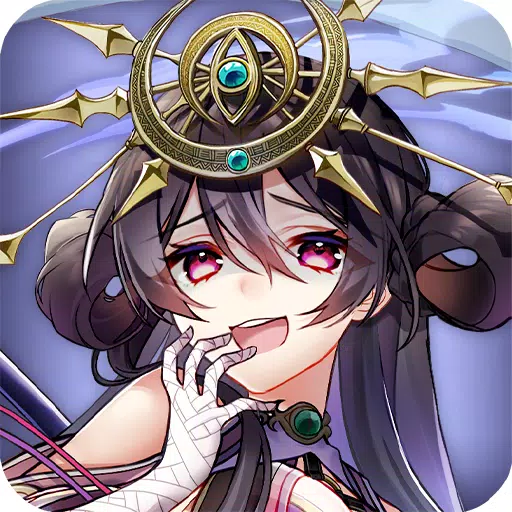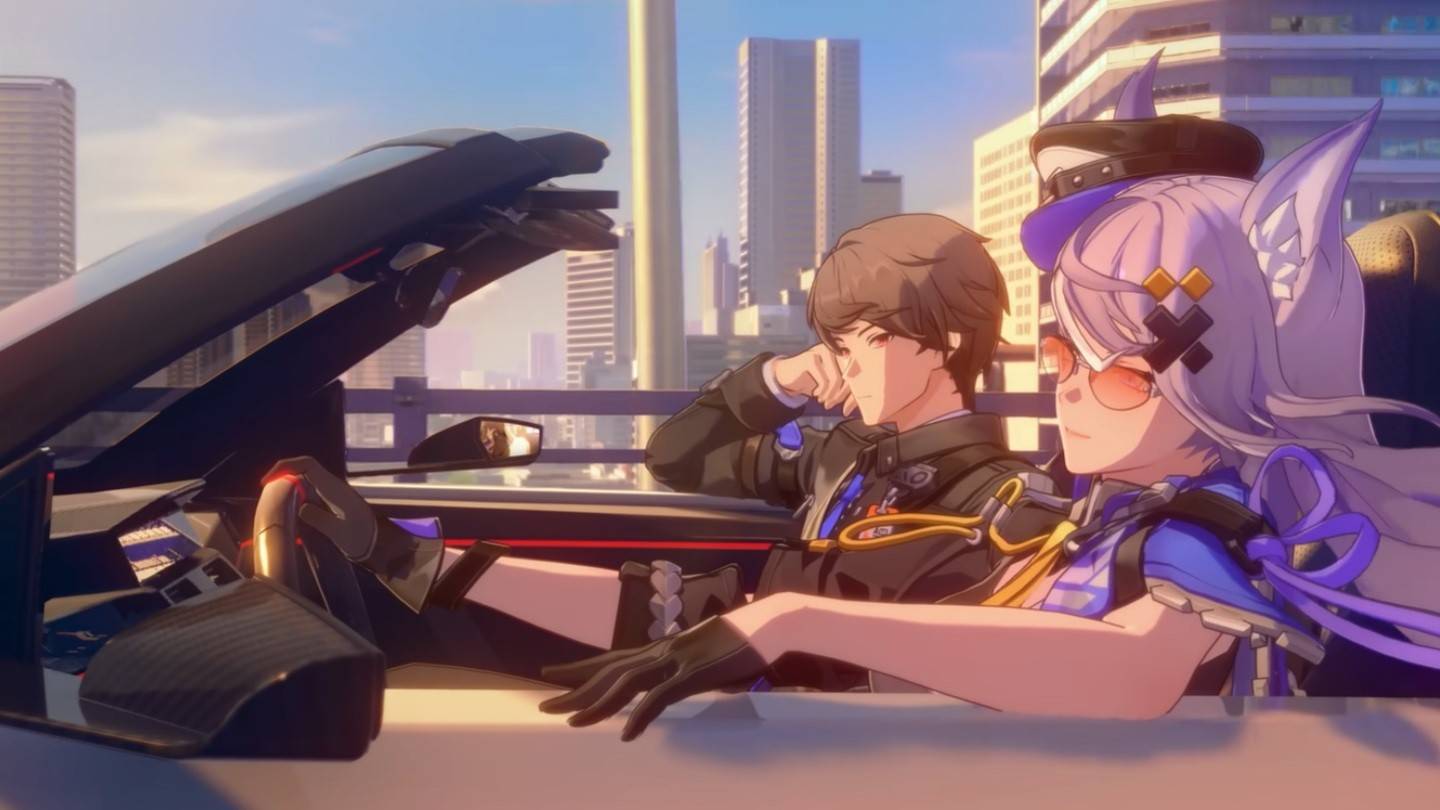Former PlayStation executive Shuhei Yoshida reveals he would have resisted Sony's controversial push into live-service gaming. Yoshida, head of SIE Worldwide Studios from 2008 to 2019, expressed concerns to Kinda Funny Games about the inherent risks Sony acknowledged in this venture.
This statement comes amidst a period of significant challenges for PlayStation's live-service titles. While Helldivers 2 achieved remarkable success, becoming the fastest-selling PlayStation Studios game ever with 12 million units sold in just 12 weeks, other live-service projects experienced cancellations or disastrous launches.
Concord, in particular, stands as a major setback, lasting only a few weeks before being shut down due to extremely low player numbers. The game's development, reportedly costing around $200 million (according to Kotaku), proved a substantial financial loss for Sony, a figure that didn't even cover the full development cost or IP rights acquisition.
This failure follows the cancellation of Naughty Dog's The Last of Us multiplayer game and, more recently, two unannounced live-service titles – a God of War project from Bluepoint and another from Bend Studio (Days Gone developers).
Yoshida, departing Sony after 31 years, shared his perspective in the Kinda Funny Games interview. He stated that if he were in Hermen Hulst's current position (CEO, Sony Interactive Entertainment Studio Business Group), he would have resisted the initial live-service push. He highlighted the resource allocation dilemma: diverting funds from established franchises like God of War to a high-risk venture.
While acknowledging Sony's increased investment in live-service games after his departure, Yoshida emphasized the inherent risk in the highly competitive market. He praised Sony's approach of providing resources while continuing single-player development, citing Helldivers 2's unexpected success as an example of the unpredictable nature of the industry. He concluded that, personally, he would have resisted the shift towards live-service games, speculating this might have contributed to his departure.
Sony's financial call offered further insight. Hiroki Totoki (President, COO, and CFO) admitted lessons were learned from both Helldivers 2's success and Concord's failure. He pointed to the need for earlier user testing and internal evaluations, suggesting that Concord's problems should have been identified and addressed much sooner. He also criticized Sony's "siloed organization" and Concord's release timing, which may have led to market cannibalization, given its proximity to Black Myth: Wukong's release.
Sadahiko Hayakawa (Senior Vice President, Finance and IR) echoed this sentiment, emphasizing the lessons learned from both successes and failures, and the intention to share these insights across studios to improve development management and post-launch content support. He highlighted the planned portfolio balance: leveraging the predictability of successful single-player titles based on established IPs alongside riskier live-service ventures.
Several PlayStation live-service games remain in development, including Bungie's Marathon, Guerrilla's Horizon Online, and Haven Studio's Fairgame$.















